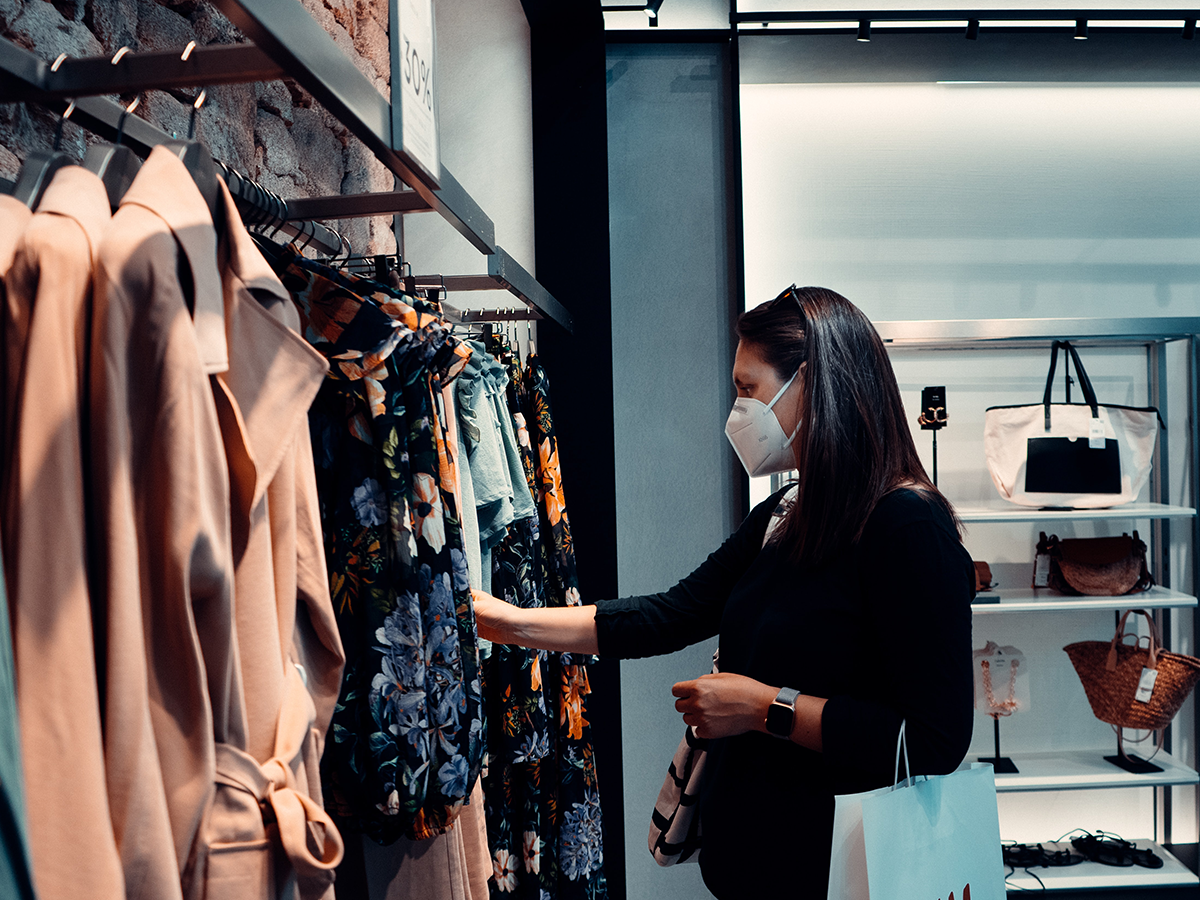

As they prepare to close out this deeply challenging year, how can brands show they understand their market and the most important voices within that market?
Traditional market research and gathering first-hand customer data is an incredibly powerful tool. But during moments of great uncertainty, worry, hope, and optimism, it’s essential to listen and learn from what people say to each other. Online anthropology — a kind of advanced social analytics — allows us to do just that, empowering companies across industries to move beyond mere brand mentions and understand what’s really motivating consumer behaviors.
After all, listening to people is key to being empathetic. And empathetic is exactly what brands need to be right now, remembering to create value not just for themselves but for their customers.
Over the past six months, our team of social anthropologists has analyzed hundreds of thousands of unprompted, anonymous online conversations about how the COVID-19 pandemic, social justice issues, job losses, and social disconnection — not to mention the uncertainty resulting from all of the above — is impacting people’s behaviors. And going back to 2018, we’ve gathered about 13 million conversations on year-end holidays.
Taken together, this vast amount of data has taught us a great deal about what brands should expect from this unique holiday season — and below we’ll present the top takeaways your team needs to know.
While people are saddened by travel restrictions, they’re also looking for the bright sides — like the opportunity to make the holidays into something they normally can’t, when the obligations of family, tradition, and travel are so dominant.
Of course, the flip side of hope is worry — which ranks fourth on the list of most-expressed emotions in conversations around this year’s holidays.
What’s driving worry? The most acute is the prospect of getting extended family aligned on what this year’s holidays will — and will not — look like. It’s the most-mentioned source of anxiety about the upcoming holiday season. In many families, there are people on vastly different sides of the equation when it comes to willingness to travel and congregate.
Social justice issues are driving numerous conversations around the role companies are — and should be — expected to play in making our world a more equitable one. The majority of conversations express strong support for brand action related to social justice issues, and consumers say they judge brand actions by calibrating them against company size and resources.
How companies treat their employees is also being scrutinized. Many consumers say this matters to them even more than the steps companies have taken to keep customers safe. Employee treatment has quickly become one of the most powerful reputation breakers or makers.
Frustrating customer experiences expose mis-set expectations as the biggest pain point for consumers right now, and one which consumers have a hard time forgiving.
As far as holiday shopping is concerned, people aren’t looking forward to shopping in-store, so we’re seeing an obvious focus on e-commerce, with shoppers planning to start earlier than ever. Also, given that gifts must travel via mail, widespread delays are expected.
Delivery timelines are the most-mentioned sources of disappointment in brands. Hard-to-reach customer support is second. Consumers say the pandemic is no longer a legitimate excuse: instead, they want brands to set expectations accurately and deliver on them.
For actionable strategies your brand can use to capitalize on these insights, download our white paper: Redefining Empathy for an Uncertain 2021: A Marketing Toolkit for Changing Consumer Needs.
You must be logged in to post a comment.